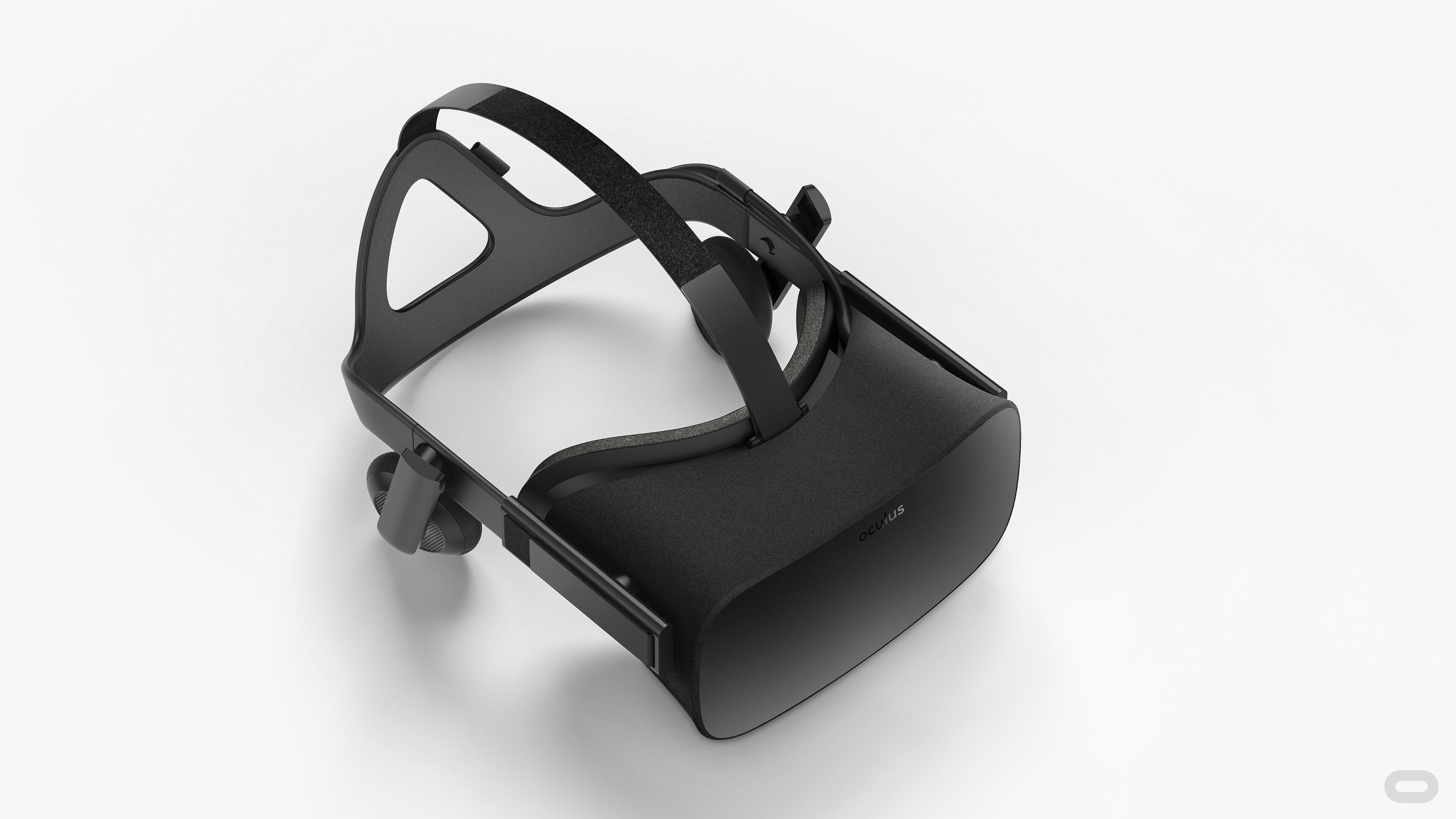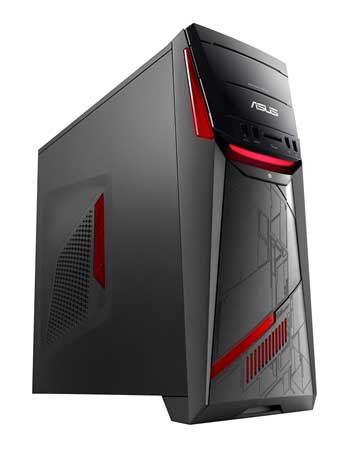Oculus Announces 'Oculus Ready PC' Program, Systems Start At Sub-$1,000
It's no secret that Oculus has been preparing to release the Rift early next year, but it's also no surprise that the new medium will likely attract people to PC gaming who have never owned a gaming PC, much less know how to build one or select the parts for one. Many people still buy off-the-shelf pre-built PCs from the local electronics store, and those machines simply won't handle VR.
In an effort to curb the confusion and make it easier for people new to PC gaming to just pick up PC and Rift and jump into games and other VR experiences without any trouble, Oculus has partnered with some well-known PC vendors and hardware component companies to create certified systems that meet or exceed Oculus's minimum specification, for an affordable price.
In May, Oculus announced the standardized minimum specification for developers to target. Oculus has worked out partnerships with AMD, Intel and Nvidia to ensure that compatible hardware will be available at prices that consumers will be willing to pay. Games and other experiences in VR will require quite a bit of graphics processing power, and Oculus is targeting the GTX 970 from Nvidia and the R9 290 from AMD as the bare minimum to be Oculus Ready.
The company has also stated that an Intel i5-4590 or equivalent is required but did not specify what would be considered an equivalent CPU from AMD. The minimum specification also calls for at least 8 GB of memory.
Oculus Ready PCs will be offered from Alienware, Dell and Asus, with systems starting at under $1,000. It will be possible to order bundles with desktop PCs and Oculus Rift headsets together, or the PCs can be purchased as standalone systems.
Each of the Oculus Ready PCs will come with an easy to recognize case badge indicating that the hardware inside is certified by Oculus to be capable of handling any experience or game released for the Rift VR HMD.
Asus is the first of the three announced partnerships to reveal its upcoming Oculus Ready PCs. The company will launch the G11CD and G20CB Oculus Ready desktops in time for the release of the Rift. They will feature 6th Generation Core (Skylake) processors from Intel and Nvidia GeForce GTX graphics cards. The exact models of each have not been revealed, but Asus said more details, including availability, will be revealed later this year.
Get Tom's Hardware's best news and in-depth reviews, straight to your inbox.
The announcement at Oculus Connect listed only three PC vendors, but Oculus stated that announcements of more vendors and partners will be made next year closer to the launch of the Rift.
Follow Kevin Carbotte @pumcypuhoy. Follow us @tomshardware, on Facebook and on Google+.
Kevin Carbotte is a contributing writer for Tom's Hardware who primarily covers VR and AR hardware. He has been writing for us for more than four years.
-
d_kuhn Cool idea... but I've got to say... I'm starting to burn out on the hype machine. I've been excited for VR to hit the ground in a viable package for a while, and the rift has been on the horizon for years now - get it into the wild and let the fur fly.Reply -
brandonjclark There's a reason they are lagging behind release. It's because NONE of the solutions are quite ready for commercial release.Reply -
alextheblue Replyoh. so will a amd 6300 or 6350 ticking around 4,2 satisfy the cpu requirements?
Clocked at 4.2 (as in 4.2 on all cores under full load) it would get you close to a 4590, yeah. At least for playing games. However for future DX12 games that are well-threaded, an 83xx would be better. Not to say I'd run out and buy ANY AM3+ system at this point, but if you have an existing AM3+ unit with a decent mainboard that would be a good drop-in upgrade. -
g-unit1111 Reply16685165 said:oh. so will a amd 6300 or 6350 ticking around 4,2 satisfy the cpu requirements?
Good question, I think that's one of those things we just won't know until we get our hands on the hardware. I very badly want to get one of these when they're released. -
TechyInAZ Those prebuilts are again going to be overpriced. Hope newbies get into DIYing before other companies get their loyalty. :)Reply -
Chris Droste the upside with upgrading along an AMD path though would be that you could score an 8370 or even a 9590 with an updated mobo for under $350 provided you already have ram, psu, etc, but generally if you're already on a core-series Intel it wouldn't be worth it as the raw performance would be similar to a sandy or ivy CPU. i mean...MAYBE first-gen core series but looking at prices these days a H97 mobo and a core i5 would get you out the door for maybe $275 shipped? and be more efficient to boot. I'm at that crossroad with my HTPC which has a 4100 and older mobo so it's not really designed for the high-watt AMD cpus. I'd be really happy to drop in an 8370 and call it a day but i doubt it could handle it.Reply -
Chris Droste the upside with upgrading along an AMD path though would be that you could score an 8370 or even a 9590 with an updated mobo for under $350 provided you already have ram, psu, etc, but generally if you're already on a core-series Intel it wouldn't be worth it as the raw performance would be similar to a sandy or ivy CPU. i mean...MAYBE first-gen core series but looking at prices these days a H97 mobo and a core i5 would get you out the door for maybe $275 shipped? and be more efficient to boot. I'm at that crossroad with my HTPC which has a 4100 and older mobo so it's not really designed for the high-watt AMD cpus. I'd be really happy to drop in an 8370 and call it a day but i doubt it could handle it.Reply -
alextheblue ReplyI'm at that crossroad with my HTPC which has a 4100 and older mobo so it's not really designed for the high-watt AMD cpus. I'd be really happy to drop in an 8370 and call it a day but i doubt it could handle it.
Check with the manufacturer? They usually have specs and CPU compat info on their site... just because your board is "old" doesn't mean it doesn't support 125W models. Heck, if your board is decent, update the BIOS and slap in an 8320 and overclock it a little.


